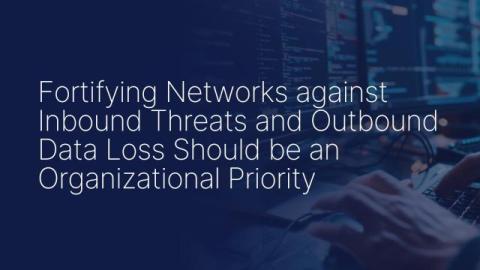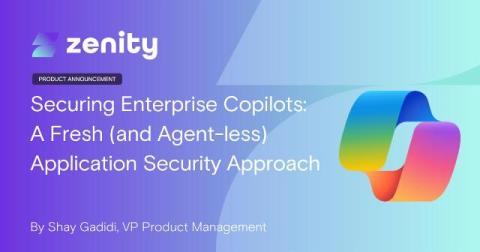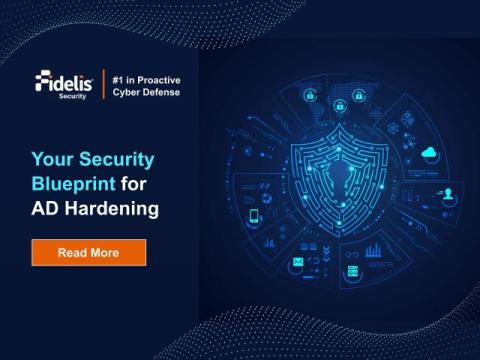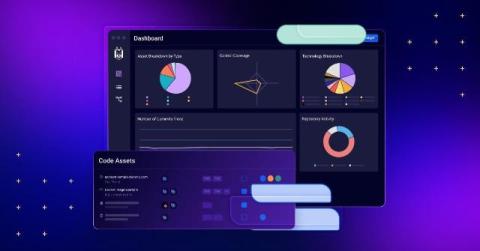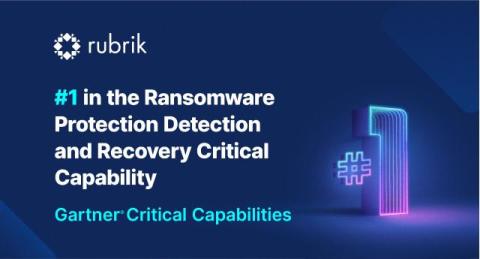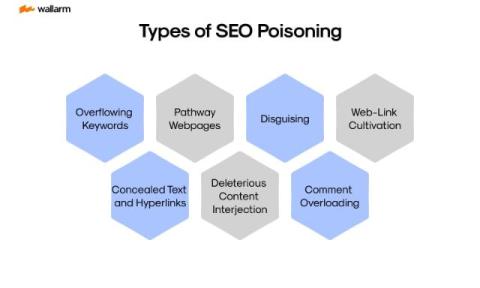The Imperative of API Security in DevOps
Consider a modern software application as a constellation of cities that dot the landscape. These cities are components such as databases, authentication services, business logic engines, and more. Requests travel between components carrying data just as citizens travel between cities carrying their belongings. The highways that connect the cities on this map are your APIs. Cities get the most attention, often receiving the security and protection they need.




